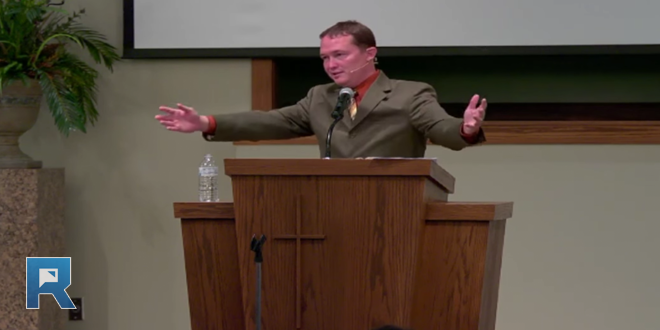
I preached about modesty yesterday. Needless to say, it’s not the most popular sermon that I have preached this year. That’s not to say that the Christians at North Charleston were hostile to the message. They love the truth and willingly receive it into their hearts. The problem with the modesty sermon is that it is just difficult to apply.
It seems to me that the issue is so difficult because it forces us to take a long hard look in the mirror. The Bible implores women to think biblically about what they will wear, and whether it will be a stumblingblock to their male contemporaries (1 Timothy 2:9-10). Men are implored to examine their hearts and not be brought under the sway of lust (Matthew 5:28).
People like to point fingers when modesty is discussed. Some say that men should simply learn to control their “perverted” minds and grow up (which, by the way, I’m sure needs to happen, too). However, the key to understanding God’s standard for modesty is to understand God’s definition of nakedness.
In 2015, Cliff Goodwin preached an incredible sermon about taboo subjects. Modesty was a part of his discussion. Cliff struggled with his voice for the first half of 2015, rendering him unable to preach for months. This lesson, preached in July of that year, was among the first that I heard him deliver following his difficulties. Cliff is now even more determined (though he has always had this kind of conviction) to employ his voice in preaching a message that honors God and that is less concerned with how the hearers will take the culturally unpopular parts of that message.
All Christians should learn from Cliff’s experiences. We cannot be silent. We should use our voices to urgently, courageously, and clearly communicate God’s saving truth, and we should do it now – while we still have the ability to do so.
You will be blessed by taking the time to hear the following remarks from Cliff Goodwin. Skip ahead to 47:03 on the video for the beginning of his lesson.













 This is a partial transcript from my weekday podcast, The New You, where we focus on maintaining and accentuating the new that Christ created in each of us as Christians. A new episode is available each Monday through Friday on The Light Network.
This is a partial transcript from my weekday podcast, The New You, where we focus on maintaining and accentuating the new that Christ created in each of us as Christians. A new episode is available each Monday through Friday on The Light Network. 





